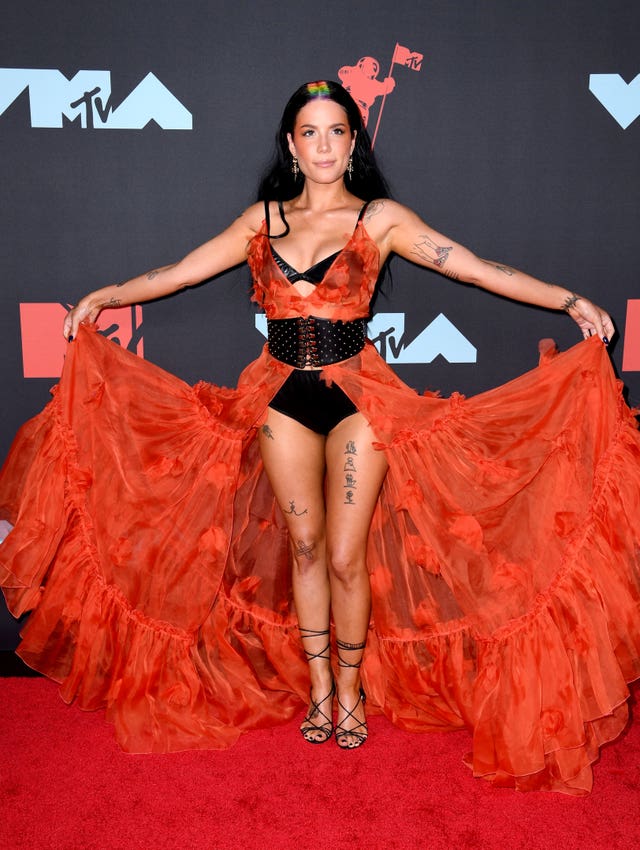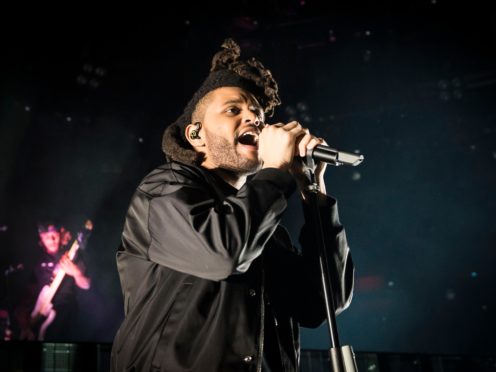The Grammy Awards will take place tonight amid controversy over the voting process.
The 63rd edition of the annual event, often dubbed “music’s biggest night”, has been dogged by allegations its procedures allow favouritism and racism to influence the nominations.
Zayn Malik, The Weeknd and Halsey are among the artists who claimed they were unfairly snubbed in the run-up to the Los Angeles bash.
The Grammys remain corrupt. You owe me, my fans and the industry transparency…
— The Weeknd (@theweeknd) November 25, 2020
Canadian R&B star The Weeknd, real name Abel Tesfaye, found widespread success in 2020 with his fourth studio album After Hours and its break-out single Blinding Lights, yet was without a single Grammy nod when the shortlist was announced in November.
Speaking at the time, he said: “The Grammys remain corrupt. You owe me, my fans and the industry transparency…”
He has since announced his intention to boycott future ceremonies, saying: “Because of the secret committees, I will no longer allow my label to submit my music to the Grammys.”
Responding to The Weeknd’s statement, Harvey Mason Jr, a producer and songwriter serving as the Recording Academy’s interim chief executive, said the organisation is “constantly changing”.
He told the New York Times: “We’re all disappointed when anyone is upset. But I will say that we are constantly evolving. And this year, as in past years, we are going to take a hard look at how to improve our awards process, including the nomination review committees.”
My tweet was not personal or about eligibility but was about the need for inclusion and the lack of transparency of the nomination process and the space that creates and allows favoritism, racism, and netwokring politics to influence the voting process
— zayn (@zaynmalik) March 10, 2021
Former One Direction star Malik also hit out at the academy, tweeting: “F*** the grammys and everyone associated. Unless you shake hands and send gifts, there’s no nomination considerations. Next year I’ll send you a basket of confectionary.”
He later added: “My tweet was not personal or about eligibility but was about the need for inclusion and the lack of transparency of the nomination process and the space that creates and allows favoritism, racism, and networking politics to influence the voting process.”
Malik has never been nominated at the Grammys, either as a solo act or with One Direction.
His most recent album, Nobody Is Listening, was not eligible for the event because it was released after the cut-off date in August.

Pop star Halsey was also snubbed and wrote on her Instagram Stories: “The Grammys are an elusive process.
“It can often be about behind the scenes private performances, knowing the right people, campaigning through the grapevine, with the right handshake and ‘bribes’ that can be just ambiguous enough to pass as ‘not bribes.’”
Halsey said she was “thrilled for my talented friends who were recognised this year”, but was hoping for “more transparency or reform”.
Committees play a key role in the Grammy nominations and the process has long been criticised for alleged bias, with detractors saying artists of colour have been poorly represented in the top awards.
Voting committees are made up of anonymous experts from the Recording Academy, the body which oversees the Grammys.
Committee members have to declare any conflicts of interest and have term limits, according to the official Grammy rulebook.
For the general field categories – including record, album and song of the year – nomination review committees consist of at least 20 experts who are voting members of the Recording Academy and approved by trustees.
They then review the top 20 selections resulting from a general membership vote and select the eight nominees for each category.
Organisers say the process protects the integrity of the awards, but critics argue it leaves the committees unaccountable.
